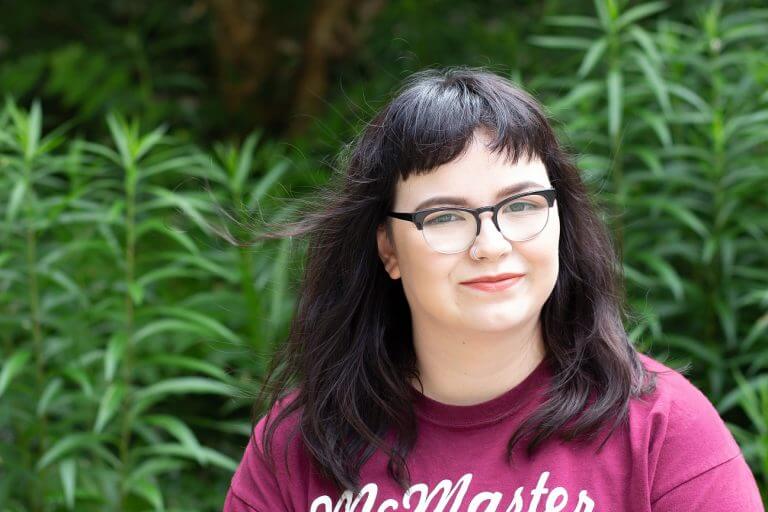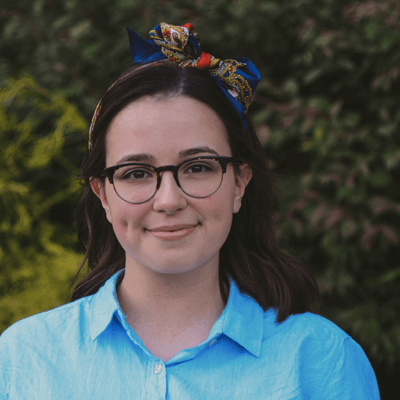By: Tory Dockree, Tabatha May, and Emily Meilleur-Rivers
What do you do when the lecture is over? Do you head over to Centro and call it a day? Maybe, but at some point, you have to study. So let’s talk about study strategies. Many people aren’t used to independent learning and struggle with retaining lots of information at one time. We know that we were intimidated by what studying would be like in university, that’s why we’re here sharing our top study tips.
Collaborating has its benefits since it is one of the most effective ways to review, this is because you are teaching yourself and others. An effective group will have people who have solid understandings of different sections of the course so that you can all learn and explain concepts to each other. It can also be helpful to have a couple of people who you work together frequently so that you have a supportive study group.
We need to seriously stress that you first must find out if your prof is OK with collaboration because it can be seen as a form of academic dishonesty. McMaster has a strict academic dishonesty policy and it is important to keep it in mind when working in groups. It’s a good document to read over and keep in mind throughout your time here; the last thing anyone wants is to deal with the serious consequences that accompany an academic dishonesty charge. We also want you to feel out how effective these groups are for your learning. You might find that it’s really helpful to engage with others over the material or you may also find that you’re carrying the team, or that the team is carrying you.
It’s important that you take charge of your own learning and do what’s best for you; groups can be a great tool but they must be used with caution.
Sometimes if you are stumped on a class concept, talking it out with a friend can help. There have been lots of times we didn’t understand something originally, but through trying to explain it to somebody else, we’ve been able to work through it.
One of the most effective ways to grasp information is to practice active recall. (Fleet, Goodchild, & Zajchowski, 2006). This refers to the process of actively stimulating memory during the learning process, usually by testing yourself. A few methods of active recall include:
- Use old tests and exams
- Make your own questions: flashcards, textbook questions and study apps
It’s easier if you spread studying over multiple days in order to improve retention. We recommend that you establish a concrete study goal for each session and limit the length of your study sessions. One effective way to do this is to have 25 minutes of intense focus, followed by a five-minute break (Bleich, 2016).
It is also important to ensure that you are reviewing course content consistently throughout the semester. Studying isn’t necessarily reactive and staying on top of your classes will make reviewing for tests easier, as well as help you to avoid cramming (Gerbier & Toppino, 2015).
It’s also a good idea to change up the subject you are studying. Research suggests that you will better retain information if the novelty of what you are studying doesn’t wear off (Gerbier & Toppino, 2015). An hour of Math followed by an hour of Chem is a lot easier to retain than two hours of Math.
As cozy as it may be, your room is probably full of distractions, so it’s good to get out. Use the libraries around campus and make that productive atmosphere work for you. When you do go to the library or other study spots on campus wear comfy clothes, bring snacks, a water bottle, maybe even a blanket. It’s best to make yourself as comfortable as possible so you’re less inclined to leave before you’ve finished what you set out to accomplish.
About Tory, Tabatha and Emily

Tory
I’m going into my third year of Arts & Science with a combination in Philosophy.

Tabatha
I’m going into my fourth year of Social Psychology with a minor in Sociology.

Emily
I just finished my undergrad in English and Cultural Studies with a Minor in Women’s Studies. In September, I am sticking around at Mac to start my Master’s in Cultural Studies and Critical Theory.